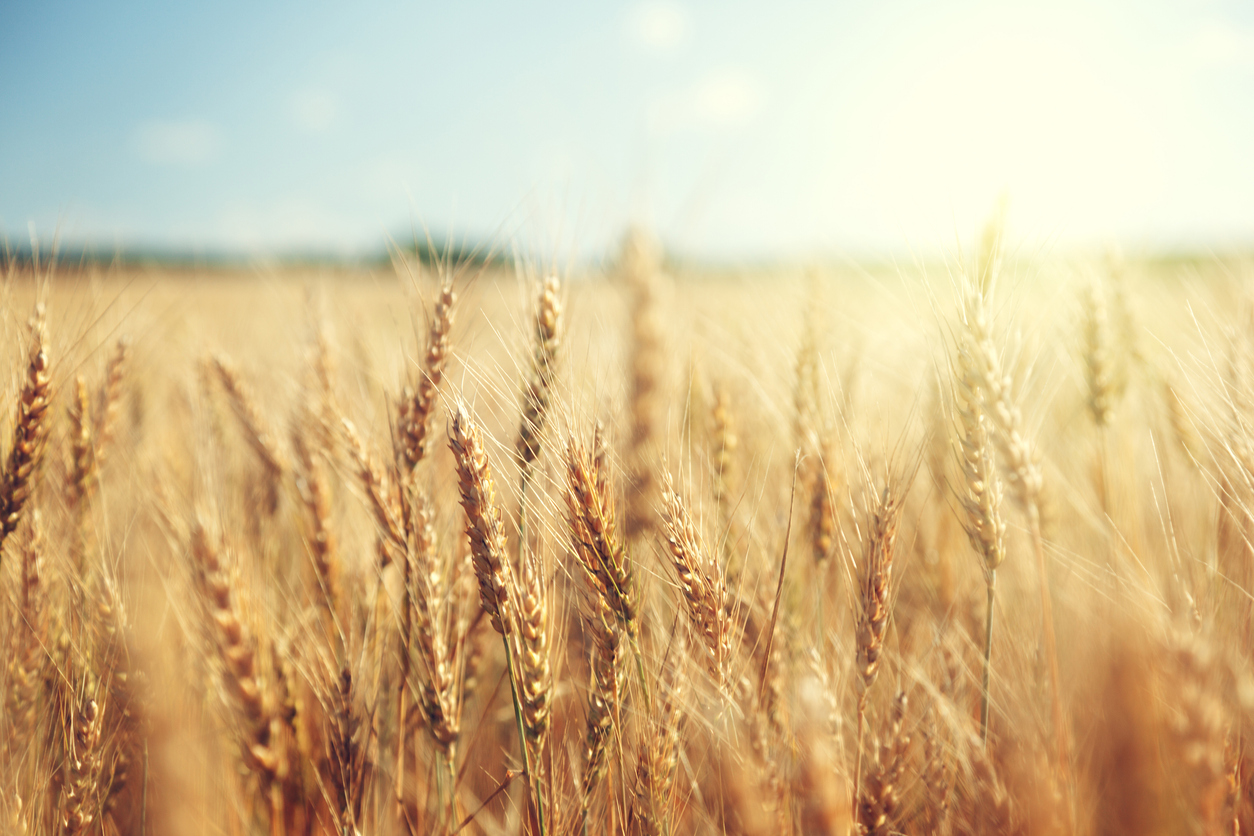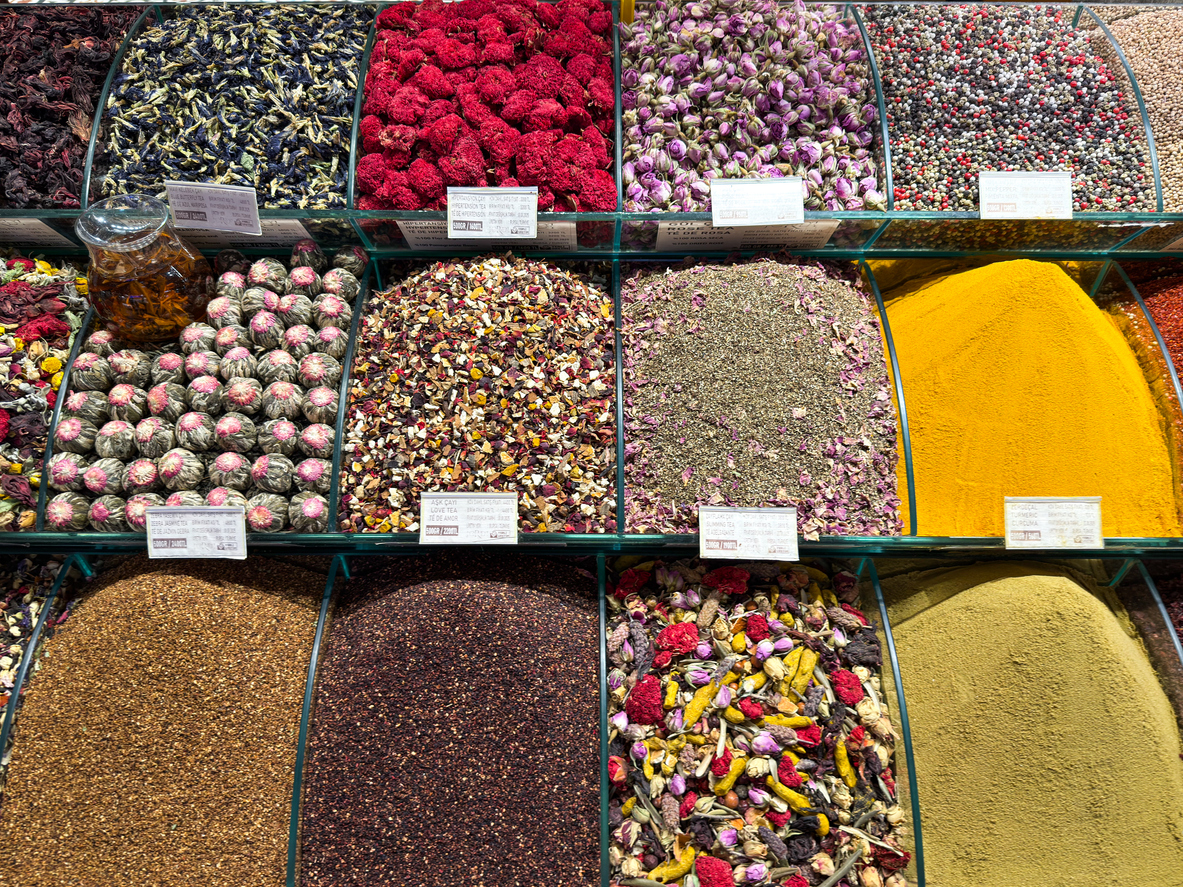Wigmore Trading: Wheat Suppliers to Africa
Wigmore Trading: Wheat Suppliers to Africa
The demand for wheat flour in Africa is expected to double by 2030. This has created opportunities for suppliers of wheat seeds, grains and flour. Africa’s growing population and increasing urbanization are factors driving demand. Food consumption patterns are also changing, with more people switching to diets high in protein. To meet this growing demand, several companies have begun investing in local production facilities in Africa. Below is a list of some of these suppliers to Africa that offer granular information about their operations on the continent.
Wigmore Trading Company in Africa
Wigmore Trading, is a leading global agricultural trader. It has been in business for over 10 years, and is present in a number of countries in Africa. The company imports and exports a variety of agricultural commodities, including sorghum, millet, sunflower seeds, groundnuts, corn, wheat and other grains. It has locations in Nigeria, South Africa, Mozambique, Zambia, and Zimbabwe.
Investment in Africa
Since the 1950s, U.S. companies have made significant investments in Africa. These investments have grown over the last few years as the African market continues to boom. The U.S. agricultural sector is one of the largest investors in Africa. There are three broad categories of investment in Africa: – Greenfield investments – These are investments in new operations in an industry that does not exist in a country. – Expansion of operations – Investment in an existing operation that is intended to increase capacity or production. – M&A – Investment through the purchase of a business in a country.
Wigmore’s operations in Africa
Wigmore has several operations in Africa. The company imports wheat from Mozambique, Zambia and Zimbabwe. It also buys grains, seeds and oilseeds from South Africa, Botswana, and Zimbabwe. Aside from importing and buying, Wigmore also sells to customers in Africa. The company offers a range of wheat products in different African countries, in both the retail and commercial markets. Wigmore’s African customers can choose between hard and soft wheat, as well as between red and white varieties.
Outlook for the future of wheat in Africa
The demand for wheat is expected to double by 2030 in Africa, and will mainly occur in the Southern and Western regions of the continent. This will be due to an increase in the consumption of wheat-based foods. These are expected to be more urbanized, wealthier and better connected to the global economy. The growing demand for animal feed in Africa will also lead to increased wheat consumption. This is due to the fact that feedstock such as corn are often produced using wheat.
Key takeaway
Wigmore Trading, a global agricultural trader, imports and exports a variety of agricultural commodities. These include sorghum, millet, sunflower seeds, groundnuts, corn, and wheat and other grains. The company has locations in South Africa, Mozambique, Zambia, and Zimbabwe. Wigmore imports wheat from Mozambique, Zambia, and Zimbabwe, as well as buying grains, seeds, and oilseeds from South Africa, Botswana, and Zimbabwe. The company also sells to customers in Africa, offering a range of wheat products in different countries, as well as both hard and soft wheat in red and white varieties. The growing demand for animal feed in Africa will also drive increased wheat consumption. This is due to the fact that feedstock such as corn are often produced using wheat. The demand for wheat flour in Africa is expected to double by 2030. This has created opportunities for suppliers of wheat seeds, grains and flour.








LEAVE A COMMENT
You must be logged in to post a comment.